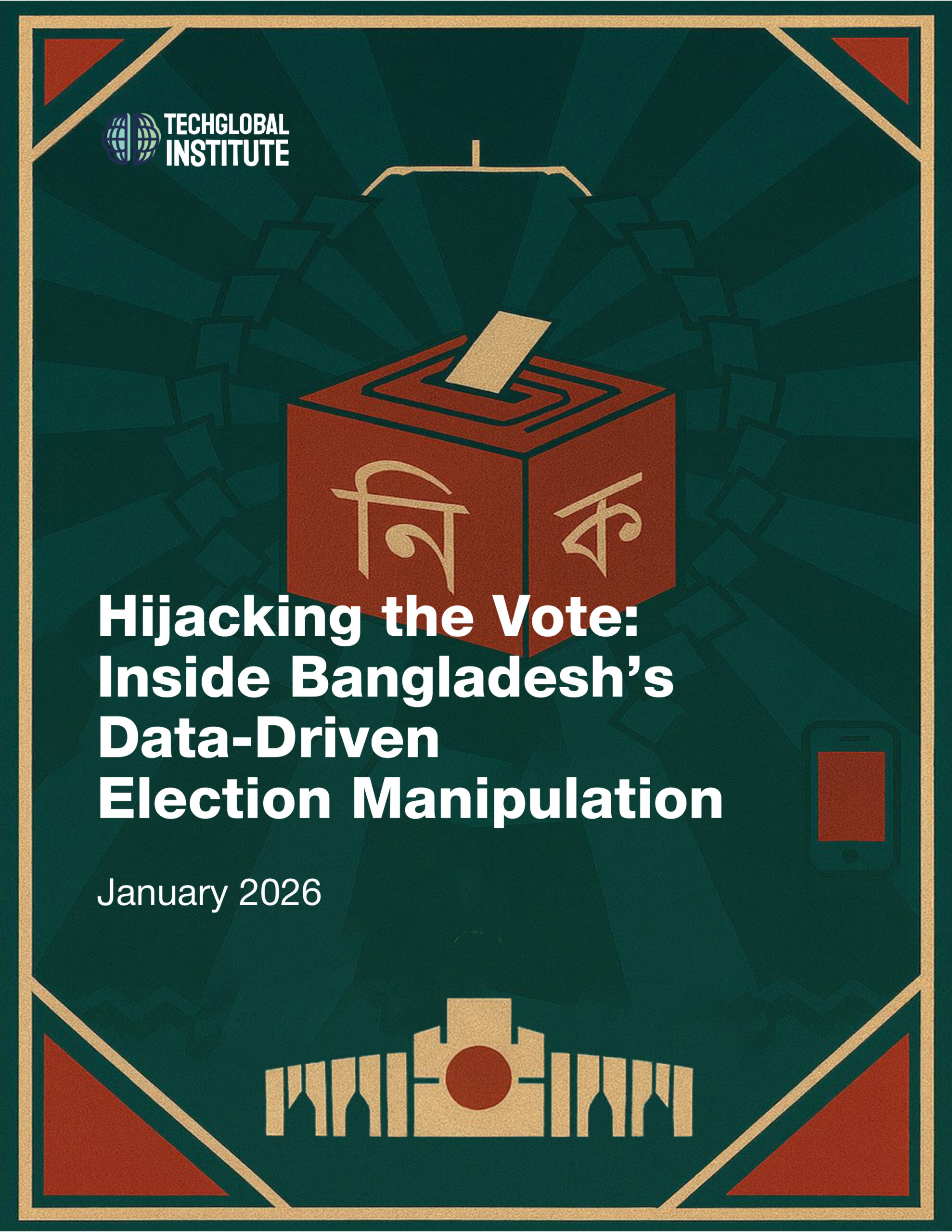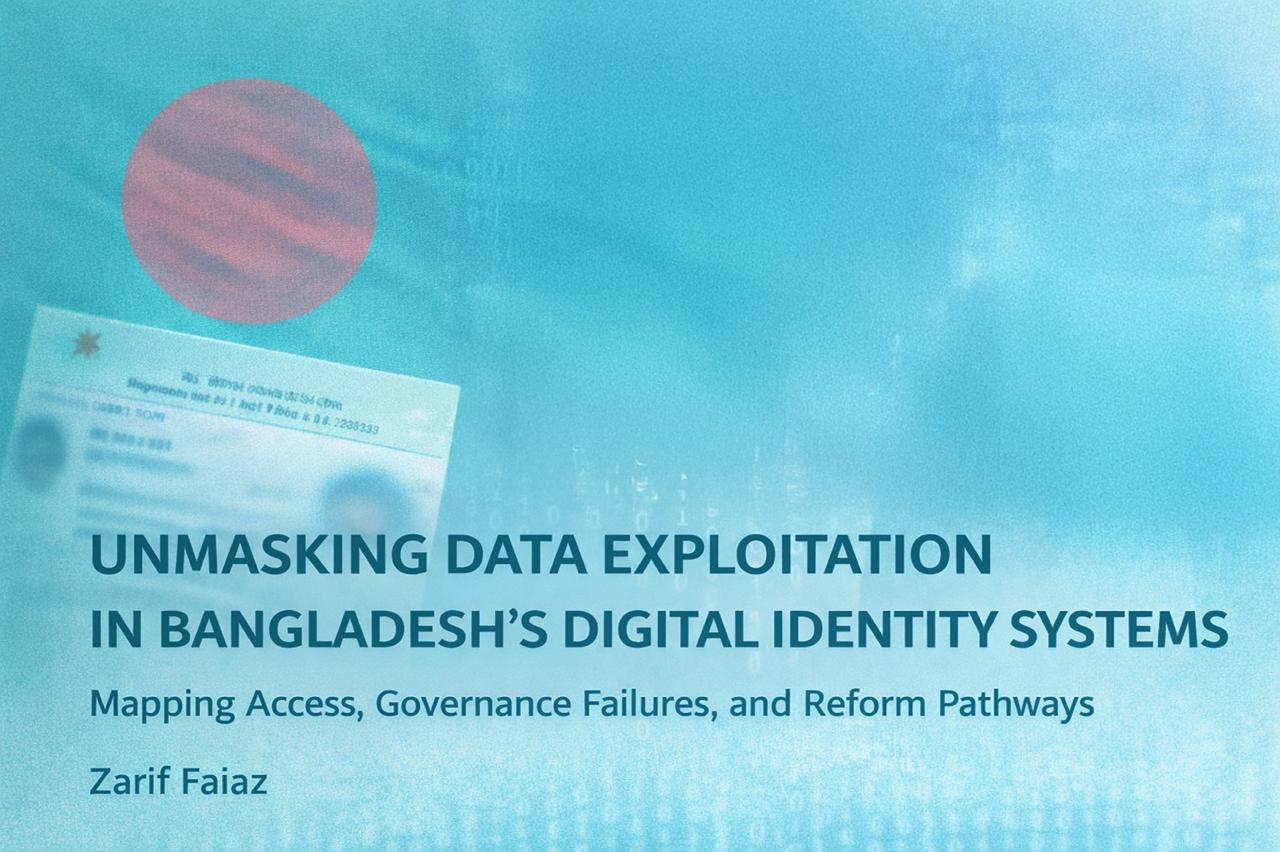The Confederation of African Football (CAF) hosts the African Nations Championship (CHAN), a biannual competition that is only open to players competing in their home leagues. In contrast to the Africa Cup of Nations (AFCON), CHAN showcases indigenous talent and provides national football ecosystems with a platform for growth as well as a competitive arena for athletes. The 2024 African Nations Championship (CHAN) was held in August 2025 in Kenya, Tanzania, and Uganda after being postponed because of ongoing infrastructure delays, post-COVID disruptions, and scheduling conflicts. In addition to its athletic display, the 2025 edition was noteworthy for incorporating cutting-edge technologies that revolutionized competition management.
Global sports are increasingly incorporating artificial intelligence (AI) and related digital advances to improve operational efficiency, safety, and fairness. Applications for AI in football include digital ticketing systems that prevent fraud, officiating aids like the Video Assistant Referee (VAR), surveillance technologies that increase stadium security, and predictive analytics that direct team tactics. Although these technologies raise questions regarding prices, accessibility, and privacy, they also promise to improve the spectator experience, lower human error, and protect athletes and fans.
With a focus on five main areas, the use of VAR, data analytics expertise on technical benches, digital ticketing and fraud prevention, security and safety measures like CCTV surveillance, and other emerging innovations, this article examines how AI and AI-adjacent technologies were applied in CHAN 2025. It poses a crucial query: did these technologies improve the safety, equity, and efficacy of CHAN 2025, or did they expose fresh weaknesses that organizers and legislators will need to fix going forward?
Use of VAR at CHAN 2025
One of the most noticeable technological innovations in contemporary football is the Video Assistant Referee (VAR), which helps referees make more accurate calls. VAR, which was first implemented by FIFA in 2018 and subsequently adopted by CAF in continental competitions, reviews crucial incidents like goals, penalties, direct red cards, and cases of mistaken identity using multiple camera angles, replay systems, and AI-assisted image processing. VAR was used in all knockout-stage games and a few group matches at CHAN 2025, which was a major turning point for African football in terms of officiating integrity.
Several contentious rulings, such as goals that were disallowed for offside and missed penalty calls during live play, were attributed to the system. This decreased the likelihood of arguments that have traditionally spoiled high-stakes games and increased the sense of fairness between teams and spectators. Players observed fewer instances of protracted protests during games, while referees expressed more confidence in their final decisions.
Notwithstanding these achievements, difficulties remained. Fans within the stadium became frustrated because of the periodic delays created by VAR interventions, which disrupted the match’s rhythm (Lopez-Gonzalez et al., 2019). Furthermore, given that technology expenditures in African competitions are inconsistent, the significant reliance on broadcast-quality infrastructure highlighted concerns regarding sustainability and cost. Furthermore, there was still disagreement over issues of transparency, such as whether spectators should hear referees explain their choices.
All things considered, VAR at CHAN 2025 demonstrated the potential of AI-assisted officiating to lower human error and increase refereeing confidence. But it also emphasized how crucial it is to adapt technology to African conditions and make sure that the necessary infrastructure, training, and communication channels are in place to make VAR both successful and widely accepted.
Data Analytics and Technical Bench
Beyond officiating, CHAN 2025 demonstrated how data analytics is increasingly influencing tactical choices and team performance. The inclusion of a committed Data Analytics specialist on the Kenyan national team’s technical bench; a specialist with a master’s degree in mathematics; who was entrusted with offering real-time insights into opponent tactics, player performance, and match dynamics garnered media attention. Sports businesses are increasingly depending on data-driven decision-making to obtain a competitive edge, which is a global trend that was mirrored in this instance.
Data analytics helped coaches keep an eye on important performance metrics including positional heat maps, player tiredness, passing accuracy, and pressing intensity. Substitutions, tactical modifications, and injury-prevention tactics were guided by these measures. For example, it has been claimed that Kenyan coaches employed predictive algorithms to predict the attacking patterns of the opposition, enabling defenders to more effectively modify their positions. Likewise, load-management data impacted substitution choices, lowering the possibility of injuries in the latter stages of games.
More organized post-match evaluations were also encouraged by the introduction of advanced analytics, which gave teams the scientific support they needed to pinpoint their advantages, disadvantages, and areas for development rather than relying just on gut feeling. Kenya’s adoption at CHAN 2025 is a major step forward because, although such techniques are common in European competitions, their systematic use in African championships is still relatively new. But there are still difficulties. Concerns regarding competitive imbalance are raised by the unequal access to top-notch data infrastructure, software, and knowledge across African football federations. Furthermore, not all coaching staff members embrace analytics culturally; some prefer more conventional, intuition-based methods. However, CHAN 2025 showed that integrating data specialists into technical benches can improve strategic decision-making, providing insights for upcoming African tournaments.
Ticketing and Fraud Prevention
African football ticketing has long been a controversial topic, with big events regularly beset by money leaks, tumultuous admission procedures, and counterfeit tickets. A digital-first ticketing system was implemented for CHAN 2025 to improve the fan experience and lower fraud. AI-powered technologies, such as automatic scanning at stadium gates, QR code verification, and fraud detection algorithms that can instantly identify duplicate or questionable purchases, were incorporated into the ticketing infrastructure.
The distribution of counterfeit tickets, which had weakened earlier competitions by causing crowding, security threats, and monetary losses, was greatly reduced by these advances. According to reports, admission procedures were more efficient, and digital scanning decreased wait times and increased stadium security by averting surges at entry points. In keeping with worldwide trends in smart stadium administration, fans also profited from mobile ticketing choices that lessened the need for paper tickets.
But there were problems with the system. Entry was occasionally interrupted by technical issues, such as network outages and scanner malfunctions, underscoring the necessity of reliable backup solutions. Additionally, reliance on digital platforms sparked concerns about accessibility, as some fans found it difficult to access online ticketing systems, especially those who lived in rural regions or did not have cellphones. In order to prevent technology from unintentionally excluding certain segments of the fan base, organizers had to strike a balance between inclusion and efficiency. All things considered, the implementation of AI-assisted ticketing systems by CHAN 2025 represented a breakthrough in combating fraud and operational inefficiencies. The action highlighted the growing significance of digital technologies in safeguarding revenue, improving safety, and upgrading African football competitions, even though there are still gaps in infrastructure and accessibility.
Security and Safety Measures
Any major athletic event must take security and safety into account, and CHAN 2025 provided a chance to see how AI-powered solutions may improve crowd control and stadium administration. Advanced surveillance technologies were used by the organizers, such as closed-circuit television (CCTV) cameras with AI-driven video analytics that could identify crowd surges, odd movements, and possible security breaches in real time. By enabling security staff to react quickly to situations, these devices decreased the possibility of violence or crowding.
Additionally, AI-enhanced facial recognition technology was tested at a few stadium entrances, mainly to confirm VIP and staff entry. Although this technology enhanced access management, it also brought up questions of consent, data privacy, and potential abuse, which have triggered debates concerning surveillance at athletic events around the world. The organizers tried to allay these worries by restricting the use of biometrics and making sure that national data protection regulations were followed.
By examining past data on crowd behavior, weather, and ticket sales, AI-powered predictive algorithms assisted with risk assessment in addition to surveillance. This made it possible to arrange evacuations more efficiently and deploy security forces more effectively. According to reports, the inclusion of these tools helped to significantly reduce security issues as compared to prior tournaments, which increased player and fan confidence.
However, the use of AI in security has brought to light enduring issues, such as the high maintenance costs of complex monitoring systems, a lack of local technical know-how, and distrust from civil society organizations worried about surveillance creep. The main takeaway from CHAN 2025 was that, even though AI can improve safety and security, its application needs to be calibrated with moral protections, openness, and inclusive stakeholder communication.
Additional AI-Related Technologies
In addition to refereeing, analytics, ticketing, and security, CHAN 2025 included new AI-powered technologies that improved player welfare and fan interaction. Medical surveillance and injury avoidance were two noteworthy areas. For medical professionals to forecast injury risks and suggest substitutions before crucial thresholds were reached, teams have been using wearable sensors and AI-enabled platforms to track players’ heart rates, sprint speeds, and exhaustion levels more frequently. This proactive approach decreased downtime for injured players while simultaneously improving performance.
AI was also used in media coverage and broadcasting, where automated systems used real-time translation tools to improve multilingual commentary, track player statistics, and create quick highlight reels. These developments enhanced the overall fan experience and increased access to CHAN 2025 programming, particularly for viewers around the world.
On the digital front, machine learning-powered social media monitoring techniques were employed to monitor online discussions, spot misinformation campaigns, and control hate speech directed against athletes and referees. Given the growing overlap between online narratives and actual sporting arenas, this was especially crucial. Despite being less obvious to the public, these tools helped make the competition safer, more inclusive, and globally connected, highlighting the growing influence of AI in determining the direction of African football.
Did These Technologies Make CHAN 2025 Safer and More Effective?
A turning point for African football was reached at CHAN 2025 when AI and digital technology were used, changing not only how games were played and refereed but also how spectators interacted with the competition. When used in tandem, technologies like VAR, data analytics, digital ticketing, and AI-enhanced surveillance helped to create a sense of greater efficiency, safety, and fairness. For example, VAR increased confidence in refereeing judgments by decreasing the possibility of officiating errors. Similar to this, technical benches were able to implement evidence-based tactics that reduced injuries and maximized performance thanks to data analytics.
Operationally, digital ticketing solutions improved revenue integrity and spectator safety by drastically reducing the circulation of counterfeit tickets. Compared to prior tournaments, there were fewer incidents because of enhanced risk management brought about by AI-powered security measures, such as CCTV video analytics and predictive crowd models. Athlete welfare and the worldwide fan experience were improved by related technologies such as automated broadcasting tools and wearables that predict injuries.
However, difficulties were still apparent. The efficiency advantages were periodically negated by technical issues, such as delays in VAR reviews or malfunctioning scanners. Additionally, supporters without cellphones or internet access faced obstacles due to digital gaps, which raised questions about inclusivity. Discussions concerning privacy and possible abuse were spurred by ethical concerns about surveillance technologies, particularly facial recognition. Costs were another major obstacle because sustained adoption is limited by budget limits in many African federations. All things considered, CHAN 2025 demonstrated that AI may improve tournament safety and efficacy; yet, its success hinges on resolving contextual issues. Infrastructure, capacity-building, and ethical framework investments will be essential to ensuring that technology supports African football’s inclusive and democratic culture rather than works against it.
Recommendations & Future Directions
While AI and digital technologies can greatly increase safety, operational efficiency, and justice, their impact is contingent upon appropriate deployment and contextual adaptation, as demonstrated by CHAN 2025 experience. Several suggestions have been made to build on these successes.
First, infrastructural and capacity-building investments are essential. For African federations to purchase and maintain technology like digital ticketing, VAR, and AI-powered security systems, they require ongoing assistance. Teaching referees, coaches, and technical staff how to use these instruments efficiently is crucial. Second, inclusivity needs to continue to be a top concern. Fans without cellphones or dependable internet connections run the risk of being excluded due to digital disparities. To provide access for all fans, hybrid approaches that combine traditional and digital ticketing techniques should be investigated. Third, there is a need for ethical and legal protection, especially with relation to surveillance and biometric information. Clear guidelines for permission, data security, and supervision can reduce the possibility of abuse while preserving public confidence. Lastly, international cooperation may enhance education. African federations can save costs and raise standards of technology adoption by pooling data, knowledge, and best practices. Future African competitions will use AI to improve safety and competition if these actions are taken, and they will also establish international standards for moral, inclusive, and creative sport governance.
CHAN 2025 showed how African football may be transformed through the careful application of AI and digital technology, which would make competitions safer, more equitable, and more effective. These tools, which ranged from digital ticketing and AI-driven security to VAR and data analytics, addressed long-standing issues while providing fresh chances for creativity. However, the competition also exposed flaws that need to be fixed for long-term adoption, such as technical malfunctions, issues with inclusion, and moral conundrums surrounding surveillance. In the end, CHAN 2025 served as both a showcase for African football prowess and a test site for the use of AI in sports both within and outside of the continent.




